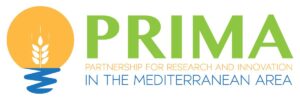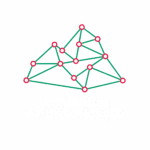Identification & Background
Project title: Redeem acorn as a traditional Mediterranean superfood
Project Code: PRIMA/0006/2022
Main objective: In the concern with the limitation of natural resources, together with current trends and consumption needs, it is urgently necessary to implement sustainable food systems capable of producing healthier products. The objective of the proposed project “MEDACORNET” is to increase adherence to the Mediterranean diet, through the development of new and certified products based on acorn, as a traditional Mediterranean superfood, as well as promoting the actors involved in its production and transformation. The data generated will be used to define dietary guidelines/ recommendations and promotion strategies for the adoption of acorn as an ingredient in healthy and sustainable Mediterranean diets. In short, MEDACORNET aims to unlock the acorn value chain, an ancient traditional ingredient of Mediterranean cuisine produced by the diversity of oak species, currently wasted.
Technical and scientific coordinator: LandraTech
Partners:
Instituto Politécnico de Leiria
Instituto Politécnico de Bragança
MORE CoLAB – Laboratório Colaborativo Montanhas de Investigação
University of Bari
University of Osijek
Abdelmalek Essaâdi University
University of Tunis El Manar
Mechanics Laboratory Computational- University of Tlemcen
GEOAI ANALYTICS, S.L
Date of approval: 2023-04-17
Start date: 2023-07-01
Completion date: 2026-06-30
Total eligible investment: €1,251,600.04
European Union financial support: €1,251,600.04





